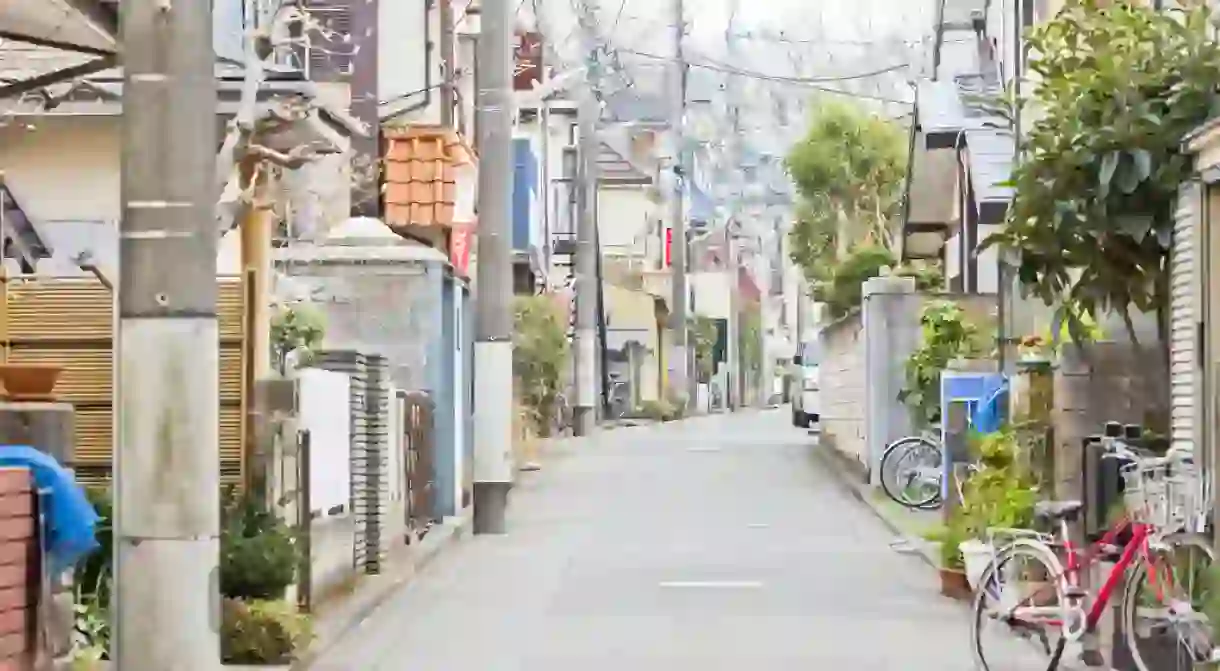The Literary Landmarks You Should Visit While In Tokyo

Some of the greatest contributions to the world of literature have come from Japan. But these literary greats haven’t just left their mark with a pen. Check out five of Tokyo‘s greatest literary landmarks.
Mukojima Hyakkaen Gardens
Botanical Garden, Park
Mukojima Hyakkaen is a flower garden from the Edo Era, perfectly preserved and protected under the Cultural Preservation Assets Law. The garden regularly hosts moon-viewing parties, complete with traditional musical performances, snacks, and optional tea ceremony participation. One of the garden’s draws is its tribute to famous Japanese calligraphers, writers, and poets. There are 29 monuments erected in honor of various literati, from stone-carved poetry to the hanging scrolls by Shokusanjin and Okubo Shibutsu at the entrance. There is a small entrance fee of ¥150 for adults. Open 9am to 5pm daily, except during the winter year-end holidays from December 29th to January 3rd.
The Basho Memorial Hall
Memorial, Museum

The Fukagawa region of Tokyo’s Koto ward is famous for its connection to the famous Haiku poet Basho. Basho lived here during the Edo Period and wrote some of his most iconic poetry here. The Basho Memorial Hall (or Museum) features exhibits on Basho and other famous haiku poets. It also includes a small garden with a miniature copy of the hut in which Basho once lived. Connected to the museum is the Basho-An Historic View Garden, where visitors can read Basho’s stone-inscribed poems while taking in views of the Sumida River. Admission is ¥200 for adults. Open from 9am to 5pm.
Murakami Tour
Haruki Murakami is one of the most successful Japanese authors of all time. His works have been translated into dozens of languages and are bestsellers across the globe. Most of his novels are set in modern Japan, including Tokyo. Why not prepare your own tour of some of Murakami’s settings using your favorite reads? Visit the Shinjuku of After Dark, or the Nogata neighborhood where Kafka and Nakata have homes in Kafka on the Shore, or perhaps even the mysterious stairwell before the Ikejiri Exit of the Tokyo Metropolitan Expressway where it all begins and ends in 1Q84.

Monument of Literature of Ryūnosuke Akutagawa
Forest, School
Ryūnosuke Akutagawa is a prominent figure in the world of Japanese literature. Known as the Father of the Short Story, Akutagawa was active at the turn of the twentieth century. A monument was erected in his honor at his old elementary school, Ryogoku. One paragraph of his Forest Child of Spring in engraved onto the stone. Akutagawa himself is buried at the Zoshigaya Cemetary in Ikebukuro, along with many other famous writers and poets.
Academy Hills Roppongi Library
Library, Museum, School

Tokyo’s libraries are not known to be especially appealing, but this library on the 49th floor of the Roppongi Hills complex is an exception. Boasting nearly the same views as the paid-entry Sky Deck at the Mori Art Museum, the Roppongi Hills Library is part of the Academy Hills trifecta that includes a school and forum as well. Here, books aren’t borrowed by browsers but sold at a discounted rate instead. The downside? The library operates on a monthly membership plan that comes to ¥9,450 per month. The place is popular regardless, especially with businesspeople who say the fee is nothing compared to the price of office space rentals in the area.













